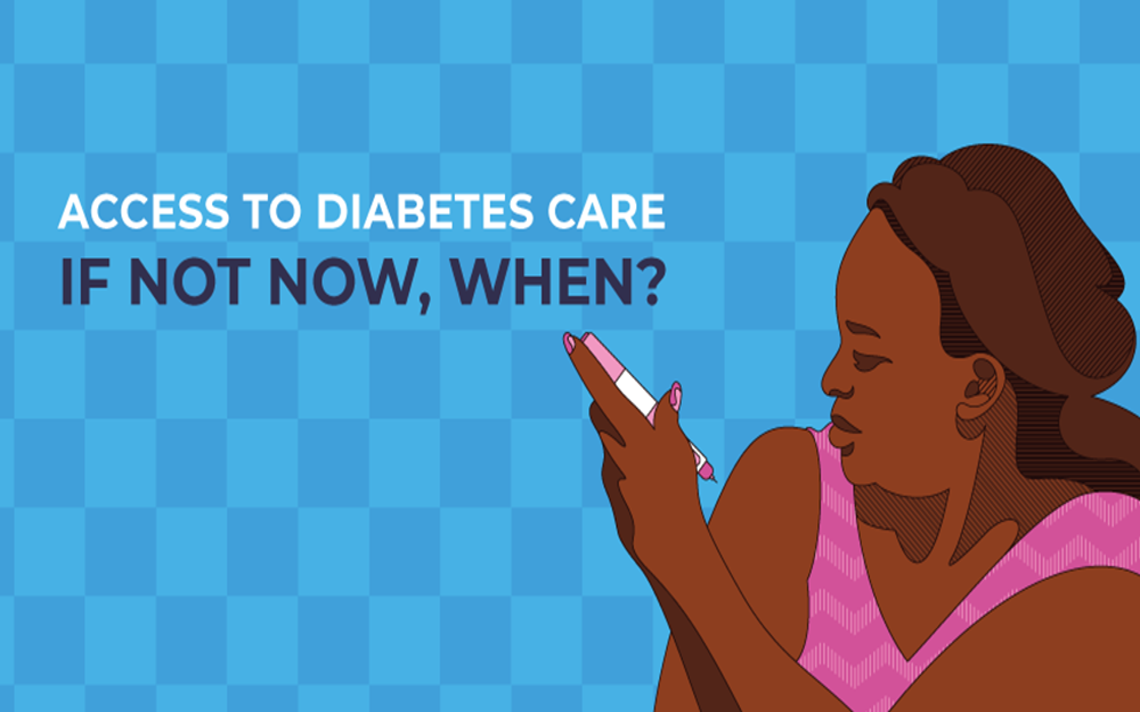Sunday, 14 November marked World Diabetes Day, and this year’s theme was ‘ACCESS TO DIABETES CARE: IF NOT NOW, WHEN?’
Data from the International Diabetes Federation (IDF) confirm that as of 2021, 1 in 10 of the global adult population (aged 20–79 years) are living with some form of diabetes, with type 2 diabetes (T2D) estimated to account for approximately 90% of the total.1,2
Almost half of people living with diabetes remain undiagnosed,1 putting them at risk of uncontrolled hyperglycemia for long periods of time. This can result in macrovascular complications such as coronary artery disease, peripheral arterial disease, and stroke, and microvascular complications such as diabetic nephropathy, neuropathy, and retinopathy.3 Diabetes is a major cause of death in most countries, with hyperglycemia-induced organ damage making up most of the morbidity and mortality in both T1D and T2D.3,4
Barriers to adequate care in diabetes are multifaceted. Whilst in recent years there have been significant developments in the quality of therapies, as well as insulin delivery and glucose monitoring technologies, insufficient financial and/or healthcare resources—even in high-income countries—prevent many from accessing them.4
Concurrently to this, multi-disciplinary teams (MDTs) that manage this complex and time-intensive condition must keep up with the rapid developments in the clinical needs of people with diabetes, where these may become outdated as quickly as they are formulated.4 With the additional challenge of efficiently coordinating MDT resource to ensure people with diabetes receive optimal care, it is clear why access to treatment is a fundamental issue in healthcare systems across the world today.
With so many new therapies being made available or nearing the market, either directly for diabetes or one of its various downstream complications, it is essential that healthcare professionals (HCPs)& and patients understand how best to apply these in practice.
Over the years, we have worked with many leaders in diabetology, endocrinology, nephrology, primary care and other related specialties who are at the forefront of both HCP and patient education in this field, and we salute their efforts. To mark World Diabetes Day 2021, we are donating to Diabetes UK to support their ambitions to improve access to diabetes therapies, because if not now, when?
References
- IDF. Diabetes now affects one in 10 adults worldwide. Available at: https://www.idf.org/news/240:diabetes-now-affects-one-in-10-adults-worldwide.html (Last accessed November 2021).
- Saeedi P et al. Diabetes Res Clin Pract. 2019;157:107843.
- Fowler MJ. Clin Diabetes. 2008;26:77–82.
- Aschner P. Diabetes Res Clin Pract. 2017;132:169-70.
